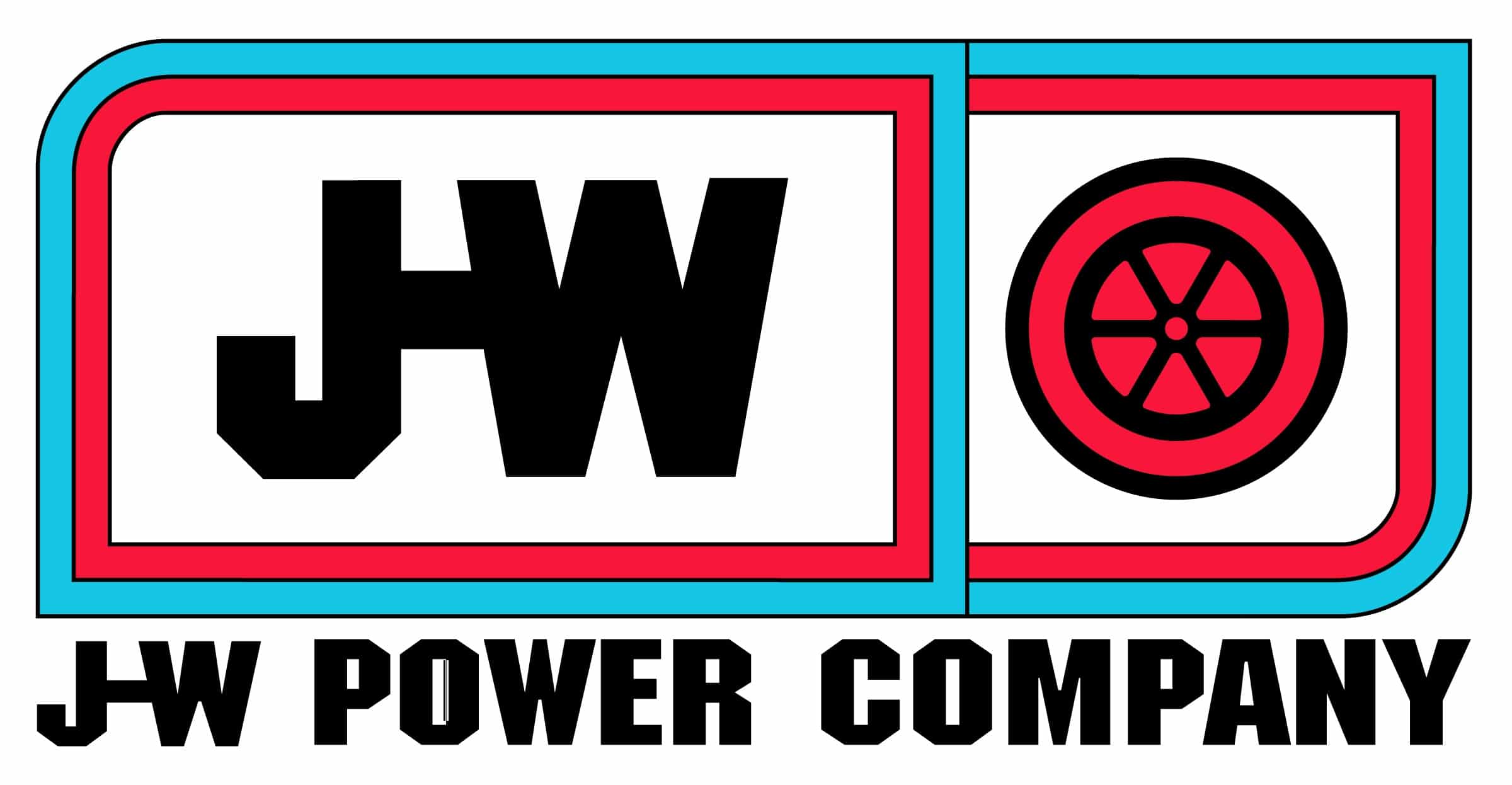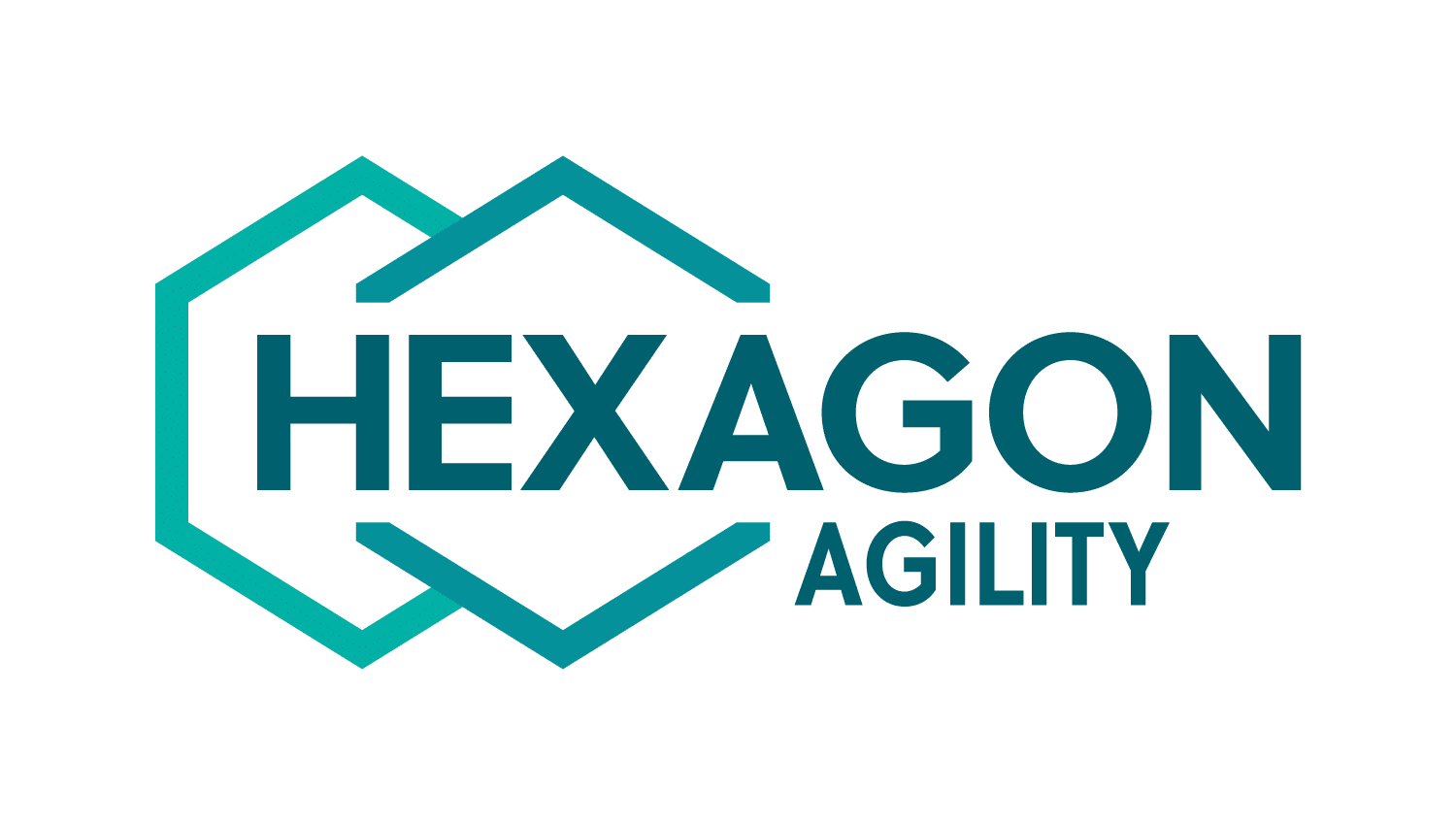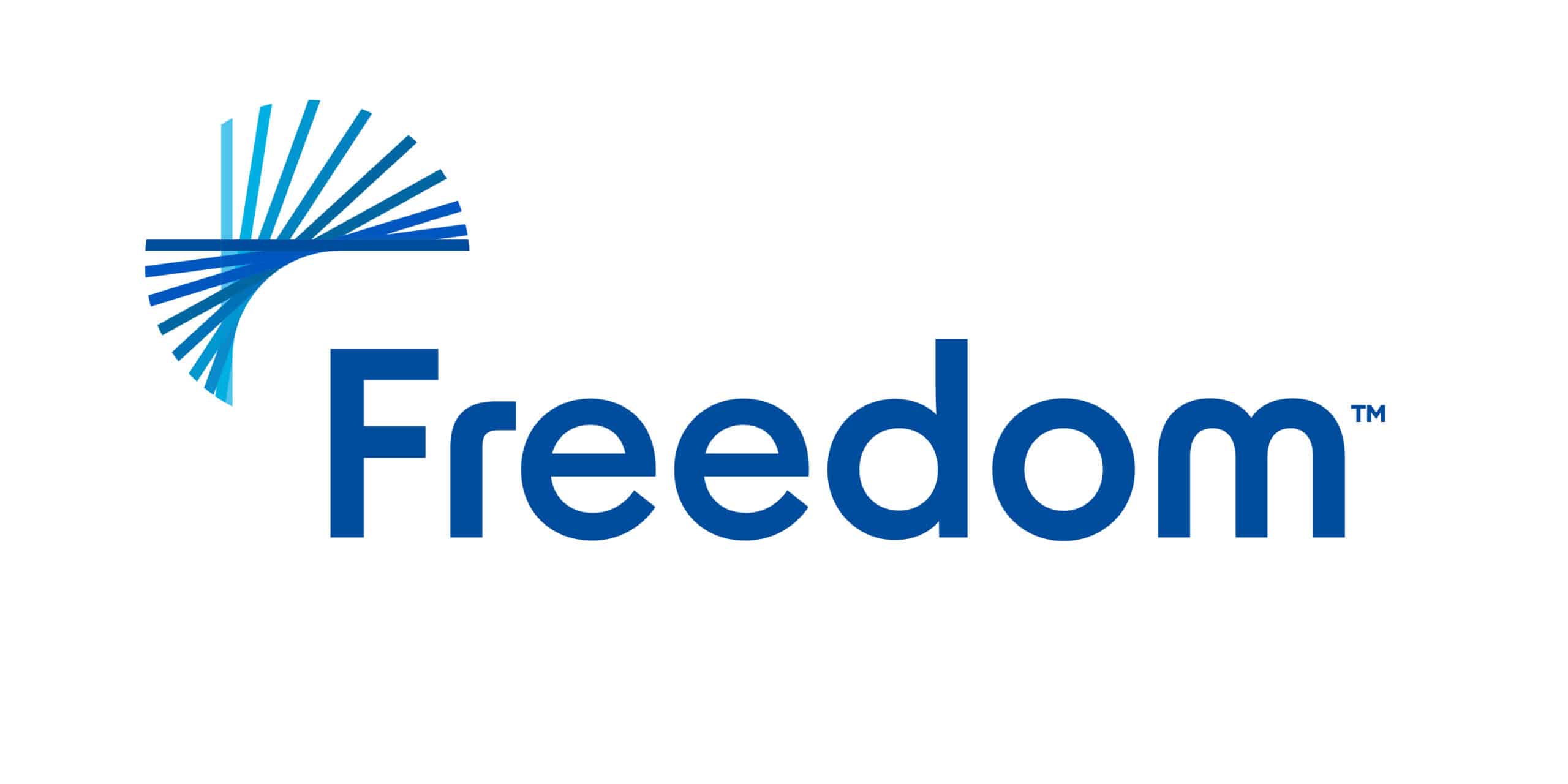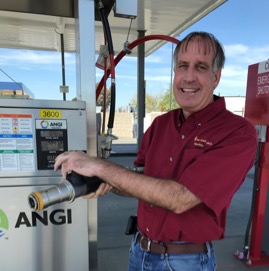
The bold move proved to be a wise one. Numerous fleets, including AT&T, Halliburton, California Water Service, Nestle, Frito-Lay, Express Transit, plus five independent school districts and numerous independent truckers and businesses operating CNG vehicles, began relying on the KCSOS station as their fuel source. Soon, the growing demand for CNG, not only in the KCSOS fleet but also among its customers, exceeded capacity and required KCSOS to expand its station.
KCSOS had several goals for expanding and upgrading the station, as well as some challenges. First, they needed to triple their existing capacity, from just over 700 scfm per minute to 3,000 scfm per minute. Due to the expansion in their own fleet, they also needed to increase the number of time-fill hoses from 16 to 64.
But increasing capacity wasn’t the only goal. KCSOS surveyed their own fleet drivers, as well as their customers, to find out what they needed. The responses included more dispensers delivering faster fills, and canopies to provide both shade in the day and lighting at night.
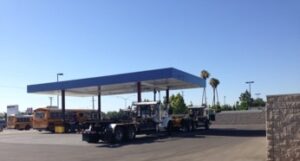
“The consequences of not getting this station expansion right were serious, and we knew we needed expertise from an organization with real-world CNG experience under their belt,” said Scott Fieber, Manager of Emergency Preparedness and Utility Conservation for KCSOS.
“After attending NGVi’s CNG Fueling Station training, we immediately recognized that NGVi’s experience would give us the assurance we were looking for.”
NGVi worked closely with KCSOS to assess their current and potential future fueling needs, and to size and plan the station expansion in two phases to match up with the grant funding process. Phase I included the design and installation of canopies over the existing fueling islands, and the addition of two compressors, two fast-fill dispensers and additional time-fill dispensers. Phase II added a third compressor, more storage, additional time-fill dispensers and three fast-fill dispensers, including high flow capacity dispensers to fuel tube trailers and heavy-duty trucks.
“We consider our clients our partners,” noted Leo Thomason, Executive Director of NGVi, “because we take ownership of a successful outcome and walk with them every step of the way through the project.” In addition to correctly sizing the station, NGVi developed the extensive bid specification to ensure the station had all the unique features to enable optimal performance, and that the equipment selected would be capable of performing at the required levels well into the future.
“If you’re procuring a CNG station, but are not a CNG expert, you don’t know what you don’t know,” noted Fieber. “That’s why we relied on NGVi not only in the design and specification stage, but also in the process of evaluating bids.” To ensure every bid considered met all the required specifications, NGVi developed a set of bid evaluation criteria, helped KCSOS evaluate the bids and ultimately select the successful bidder.
Today, KCSOS successfully operates the only publicly-accessible, 24/7 CNG fueling station in Bakersfield. The station is capable of dispensing 24 gasoline gallon equivalents (GGEs) per minute, and can fuel any size vehicle, from light-duty sedans to heavy-duty Class 8 trucks. One of its most unique features is that the station also can fuel tube trailers that transport CNG and make remote CNG fueling for other school districts in the area possible, which was a goal for Scott Fieber.




